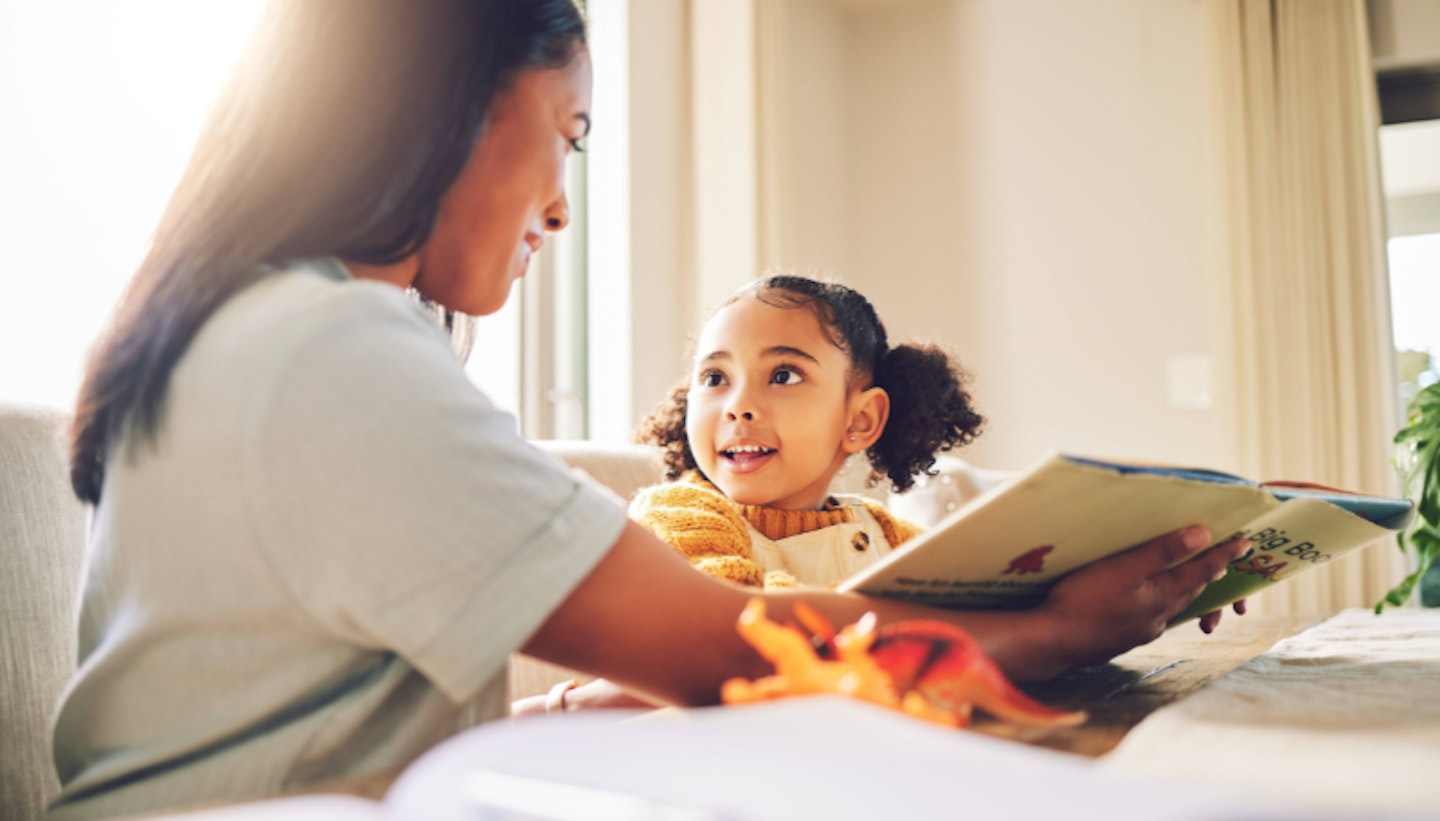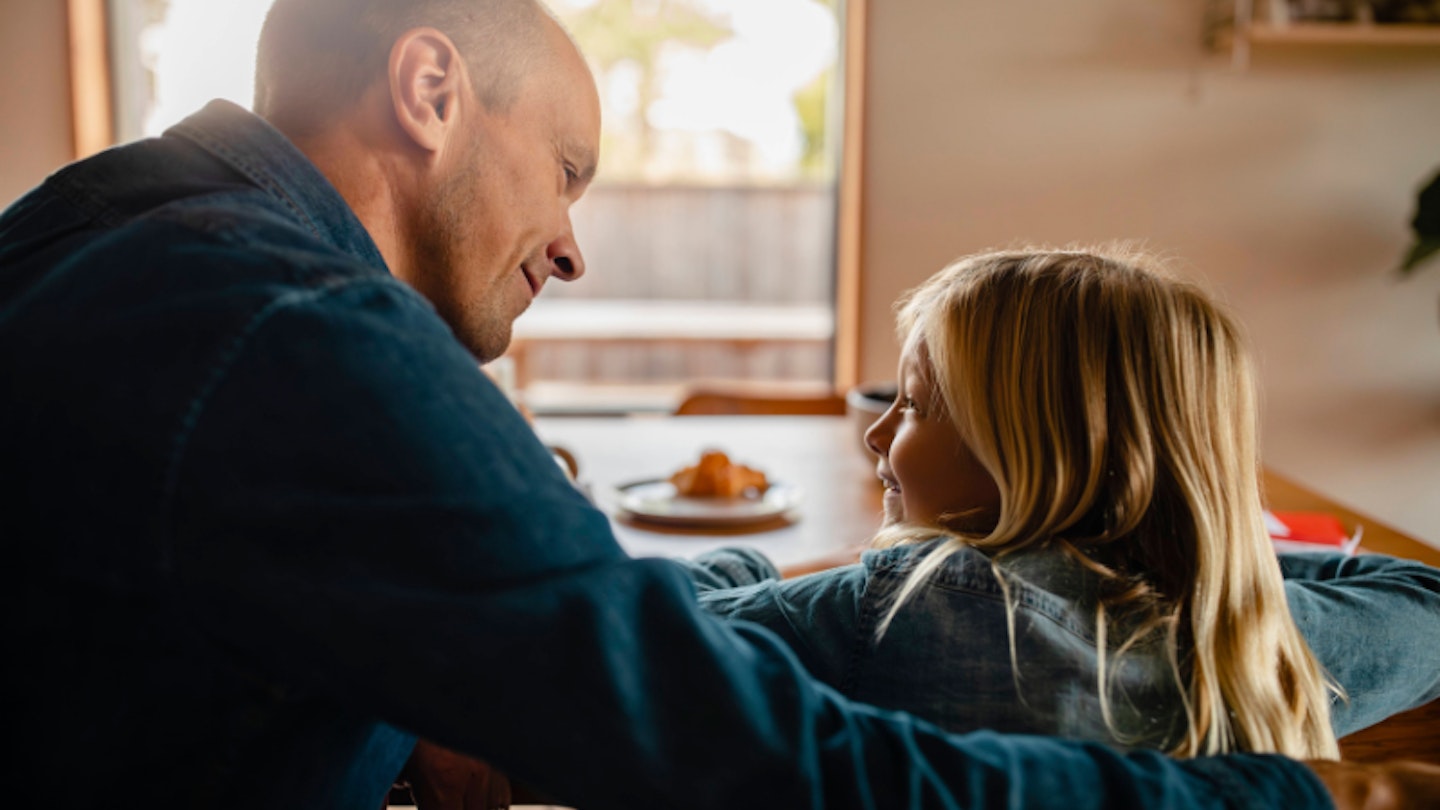Magpie parenting is less about a new parenting style and more a unique co-parenting living arrangement that comes after a divorce or separation. Also known as bird nest parenting or bird-nesting, magpie parenting focuses on the children, providing them with stability during a time of huge transition.
We all know about the negative impact divorce has on young children, so it's understandable that some parents are looking at ways to help minimise the disruption and emotional impact. Just ask influencer Anna Whitehouse (also known as Mother Pukka) who tried magpie parenting with her ex-husband Matt Farquharson after they split in 2023.
She described it on her Instagram back then as “a set-up where the kids stay in the family home and the parents live outside, crossing over – for us – every Sunday with a big lunch”.
Dr Ana Aznar is a developmental psychologist who works with parents and children, a mum of four and founder of REC Parenting. She describes magpie parenting as, "A living arrangement where after a couple divorces or separates, the children stay in the family home, and the parents alternate living there when is their turn to take care of the children."
Originating in America, the concept is slowly gaining a following in the UK. In 2016 a study by Coop Legal Services suggested that 11% of divorced or separated adults have tried it but we expect that number has increased since then. "We are seeing more parents considering it. I think that this is because parents are worried about the impact that their divorce will have on their children and also because birdnesting can be cheaper than having two big family homes. In the current economic climate, this is something that really matters to families," Ana explains.
What is magpie/bird nest co-parenting?

Essentially magpie parenting means the same thing as bird-nesting. The name comes from bird parents, who keep their chicks safe in a nest and alternately fly in and out to care for them.
It puts the focus being on the children and provides them with stability during what can be a challenging time. Traditionally, when a couple separates, one parent leaves the family home and the other stays and looks after the children. Children then flit between two households to see and spend time with each parent.
This new set up means the children remain in the family home and the parents decide - between themselves - when they'll be at home to care for the children. It means as adults, the parents take responsibility and deal with the disruption rather than the young children.
Benefits of magpie parenting
Dr Ana believes there are two main benefits from magpie parenting. "First, children keep on living in their home and their routine is not disturbed as much as if they had to go back and forth between two homes. Second, it keeps both parents very much involved in their children’s life. This is good because children who have two involved parents, tend to do better than children who lose contact with one of their parents after they split up.
Other benefits include:
• Minimal disruption for children - no need to move or change schools
• Children benefit from shared, equal care
• Parents will still feel like they are part of their children's lives
• Allows parents time to sort out the long term financial arrangements
However, Dr Ana does mention that some are sceptical about the set up. "Some psychologists worry it does not help children process their parents' divorce and that it is a way of sheltering the kids from the reality of divorce.
In my opinion, the main disadvantage is that it requires the ex-couple to do a lot of planning and cooperation. They remain bound by logistic and finances what may create more conflict between them. It is easy for them to end up arguing about whose turn was to buy eggs or whether one or the other did not tidy up the bedroom. Things can become even more complicated when one of them (or both) starts a new relationship."
About the expert
Dr Ana Anzar is a developmental psychologist with years of experience working with parents, children, and schools. Her main area of research is children’s emotional development. She is also founder of REC Parenting and a mum of four teenagers.
Keya Modessa, is Senior Digital Writer and brings over a decade of experience from the digital realm to Mother&Baby. As a mother of two, Keya understands the joys and challenges of modern parenthood and uses her own experience, to give practical advice. Keya has worked across national publications including glossy women's mags, Food and Travel, and more recently as digital lead for Muddy Stilettos.
